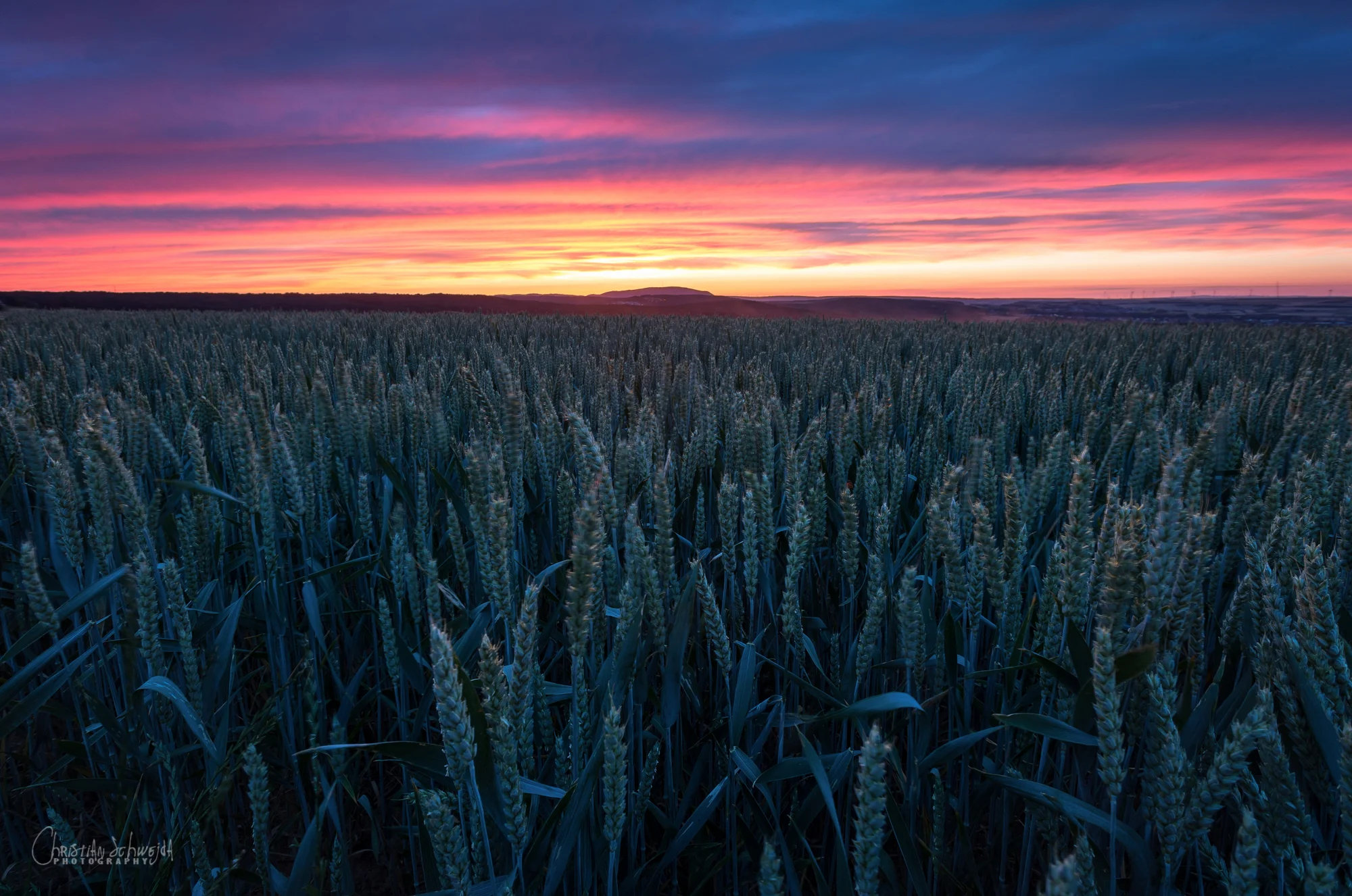by Paul Chaffee
For those who would love to find some middle ground between the strictures of a vegetarian or vegan diet, on one hand, and the sometime travesties of big agriculture, GMOs (genetically modified organisms), packaged food, and fast food, on the other, the slow food movement may be a satisfying alternative in reflecting on and choosing what you eat and how you eat.













